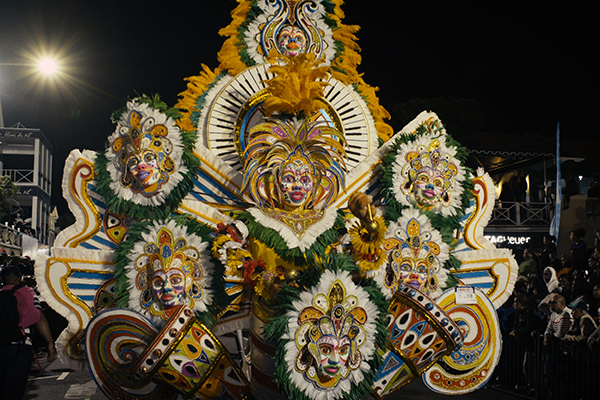Uncommon Images: James Van Der Zee
Produced for New York State public television, Evelyn Barron’s short documentary portrait Uncommon Images: James Van Der Zee features an extended interview with the photographer. Van Der Zee discusses his photographic process, experience, and approach to photographing Harlem and its Black residents from the late 1910s through the 1940s. The film features numerous photographs from Van Der Zee’s archive that help animate Harlem’s past. (Evelyn Barron, 1978, 20 minutes)


